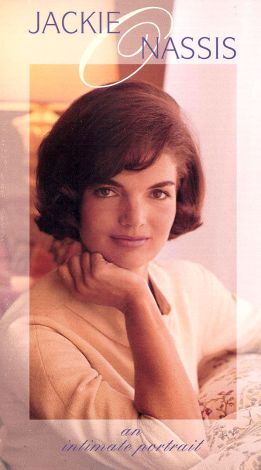

Inside, a frail baby made his own tenuous journey through the darkness of his mother’s birth canal toward the early morning light. If her labor failed, it would mark yet another tragedy for a family still reeling from a terrible loss.Īs she passed the Ka‘bah, Thuwaibah descended the Marwah hill, running faster down the incline toward the simple three-room mud-brick house.

If the lady in labor did not birth a son, he-as the brother of her recently deceased husband-could be expected to sire a male heir on his brother’s behalf. Burning the precious spice marked a new-day thanksgiving offering to the city’s 360 crudely carved idols. In the Ka‘bah shrine beside the well, white-clad priests with shaven heads and emerald-encrusted gold amulets lit frankincense. Living up to her name (bearer of gifts), Thuwaibah tightly clutched the plate as she wove between women balancing clay water jars on their heads outside the Zamzam Well, Mecca’s main freshwater source. She dashed past women carrying cloth-covered dough, as the aroma of freshly baking barley bread blended with the fragrance of acacia wood crackling in Mecca’s ovens. Zigzagging through narrow alleyways, Thuwaibah dodged pecking hens and young shepherds and their sheep on their way to grazing grounds outside the city. Thuwaibah, known for her speed and agility, sprinted out of her master’s courtyard with the date platter. ‘Abdul-‘Uzza grabbed the package from the horseman and quickly poured its contents onto the plate. Thuwaibah, a young enslaved Greek woman, stood by the door with an earthen clay platter. Then, a veiled horseman emerged, galloping through Mecca’s southern pass to deliver his emergency package: twenty succulent dates known as rutab (luscious). As dawn broke, a cloud of dust arose in the distance. Pacing in the courtyard doorway, he anxiously surveyed the horizon.

The next hour would determine whether mother and child would survive the precarious delivery. Now ‘Abdul-‘Uzza was frantic, as the birth could come at any moment. The midwives of Mecca relied on an elixir of fresh unrefined date juice to stimulate uterine contractions, helping to push the baby through the birth canal quickly and protect the mother from excessive bleeding.

The dates had to be picked at once to maintain the potency of their juicy nectar. Without fresh dates the woman in labor could bleed to death.Īs soon as ‘Abdul-‘Uzza received word after midnight that his sister-in-law was in labor, he had sent a horseman rushing to the nearby town of Ta`if to fetch fresh dates from the local groves.


 0 kommentar(er)
0 kommentar(er)
